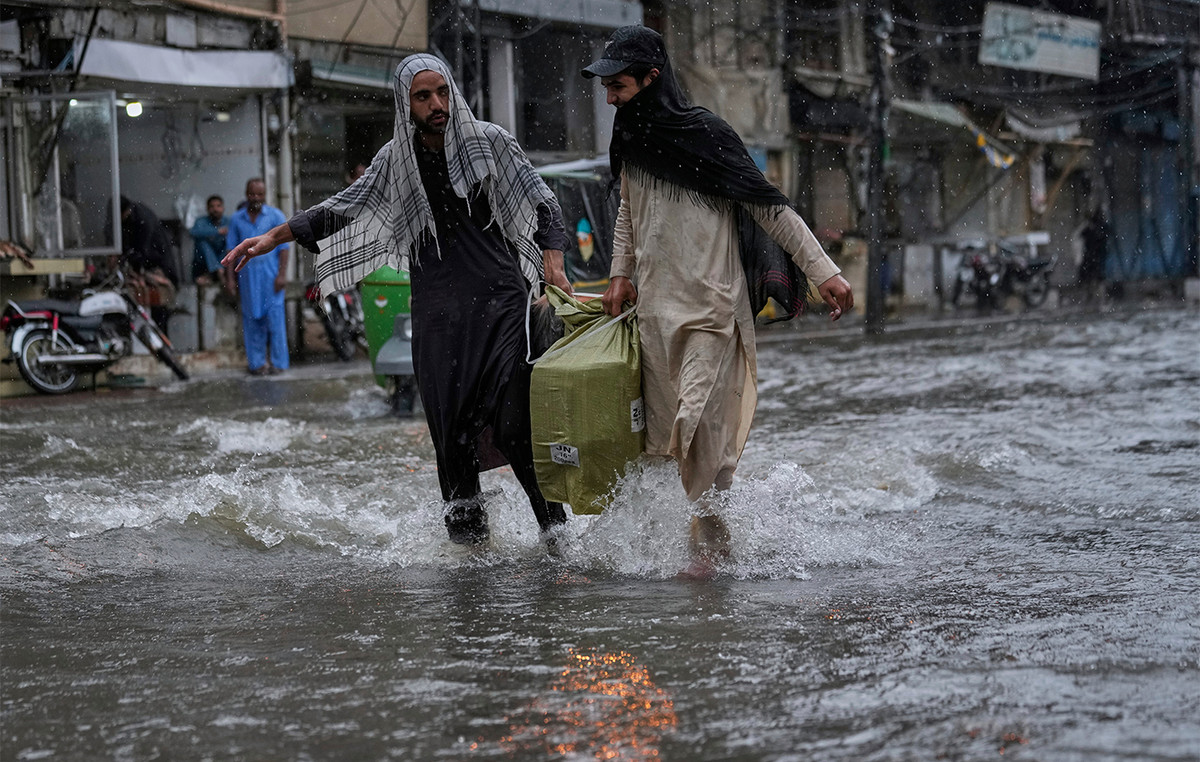The most recent data from the Ministry of Health indicate that Brazil has registered a reduction in childhood vaccination coverage for diseases already eradicated, which has been falling over the years. This is the case with immunizers that protect against diseases such as measles and polio.
Until 2018, the vaccination coverage of BCG – a vaccine that prevents severe forms of tuberculosis – applied to children from zero to under five years of age, had a rate above 95%. In 2019, it was 86.67%. The following year, 74.03% and, in 2021, the demand for the vaccine dropped to 65.63%.
The vaccine that prevents poliomyelitis, also called polio or infantile paralysis, an acute contagious disease caused by the poliovirus, has also been falling since 2018. This year, coverage was 89.54%. In 2019, 84.19%. The following year, from 76.05% and, in 2021, it dropped to 66.62%.
The survey also shows a reduction in vaccination coverage of the two doses of the MMR, responsible for preventing the development of mumps, measles and rubella.
The first dose had a drop in coverage from 93.12% in 2019 to 70.52% in 2021. In the same period, the second dose had a drop in demand from 81.55% to 49.31%.
According to the director of the Brazilian Society of Immunizations (SBIm), Mônica Levi, the pandemic and the restrictions imposed by health restrictions contributed to this drop. But, she draws attention to the fact that parents think that the diseases are eradicated and stop taking their children to vaccination posts.
“There are several reasons that can explain this drop in vaccine coverage. We have seen a disregard for the success of the vaccination itself. When people no longer hear about cases of a particular disease, they stop caring. Nowadays, parents don’t know about diseases like polio, which is serious and can kill. We are seeing a setback in collective protection and the risk of disease. It only takes one infected person to start having new cases again,” she explains.
Doctor Tânia Petraglia, a member of the Scientific Department of Immunizations of the Brazilian Society of Pediatrics (SBP), corroborates this argument.
“The population has no idea of the seriousness, they don’t have this perception of risk. Those diseases that, in the past, caused terror, like measles and polio, lost importance because there were no more cases. We have professionals who have never seen any of these diseases, precisely because of the success of vaccines,” he says.
In addition, according to the doctor, this decrease over these years will have an impact on the increase of these childhood diseases in the future.
“Of course, every time you fail to vaccinate a group of people, you get susceptible pockets, these people are vulnerable to disease. This causes old diseases to return. In other words, everything we gained back until 2015, we are starting to lose, especially with the pandemic scenario that worsened the situation even more”, he points out.
The director of SBIm also highlights that the greatest concern is diseases such as polio and measles, which can leave sequelae or lead to death.
“Polio is a very serious disease that has left thousands of people with permanent sequelae. The person may find it difficult to walk, use a mechanical leg and even need an iron lung, which is something of a museum nowadays. This disease has no treatment and the generation of young parents does not know about it. This low adherence is so absurd that we can have a comeback again. Measles is also worrisome because it has a high mortality, especially in children under one year”
The Ministry of Health informed the CNN which, even in times of a pandemic, monitors the progress of vaccination coverage and recommends that states, municipalities and the Federal District carry out an active search to update the Vaccination Book for Children and Adolescents (under 15 years of age), in order to to expand vaccination coverage in the country.
Source: CNN Brasil







